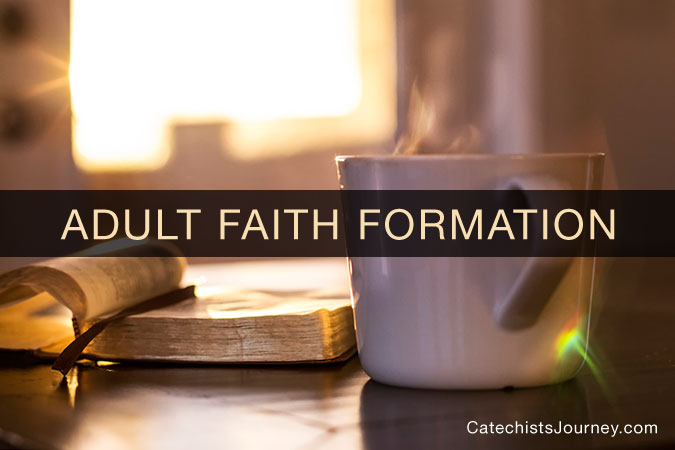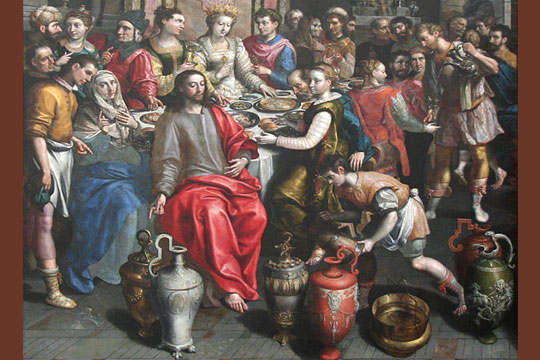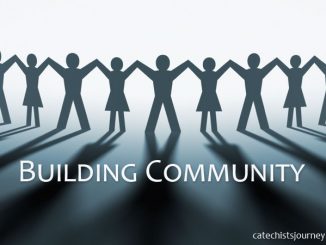
Are you looking to inject new life and energy into your parish’s adult faith formation program? Here’s a suggestion that will guarantee results, especially if your parish and the community are multicultural: tap into the energy of Latinos, Asians, and African Americans. In a 2015 CARA survey, people were asked, “How interested would you be in the following?”
- Catholic volunteer/aid organizations
- Language classes for parishioners
- Whole family catechesis classes
- Small faith communities
- Catholic fraternal societies
- Community service or volunteering
- Charismatic renewal
- Efforts to register voters
- Cursillo
- Outreach programs to at-risk youth
Hispanics expressed the highest interest, ranging from 50-75% in the “very much” interested category. African-Americans were second, ranging from 40-65%, while Asians were third, ranging from 36-53%. Those of European descent tended to express very low interest, ranging from 17-38%.
Some of this can be attributed to cultural influences on one’s sense of community vs. individualism.
Adult faith formation is not just about transmitting doctrine or disseminating information. It is about the transformation of lives, and such transformation occurs in relationships. One of the Six Tasks of Catechesis is Education for Communal Life, which prepares the Christian to live in community and to participate actively in the life and mission of the Church (NDC 20).
While we can certainly find ways to connect individuals with knowledge of the faith (task one), such faith must be lived and practiced within a community. I remember once facilitating a bilingual conversation (I was being simultaneously translated into Spanish) about how to share our faith with others. I asked people to gather in small groups and to come up with a list of what they would talk about if asked to explain the Catholic faith to a group of non-Catholics. The native English-speaking group had lists that tended to resemble a syllabus—a list of doctrinal concepts they would want to cover. The Hispanic groups, now being translated into English for reporting purposes, tended to focus on their relationships with Christ and the Church and how these relationships have transformed them. It was fascinating to observe, and both groups learned from one another since both aspects are needed. In today’s world, however, it is increasingly important to provide people with an experience of community in which our doctrinal beliefs are shared and practiced.





All 3 of the above suggestions would be great! The community should be approached to become more helpful. We pray that GOD will hear these prayers and lend a hand.